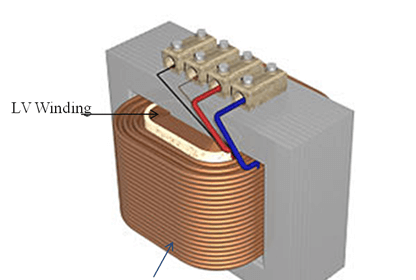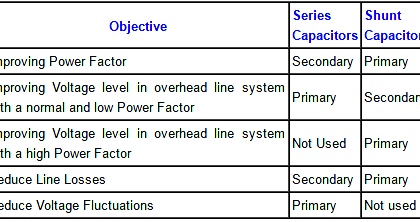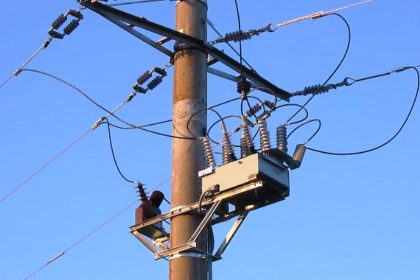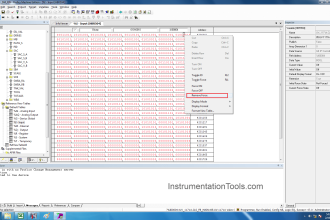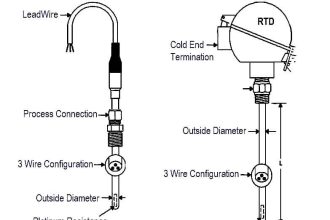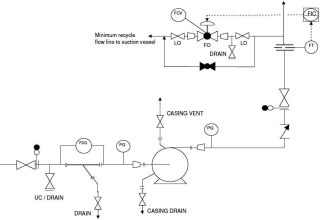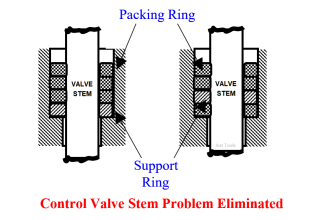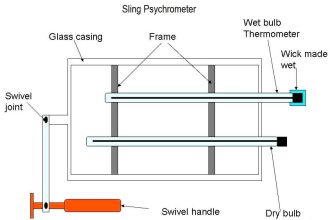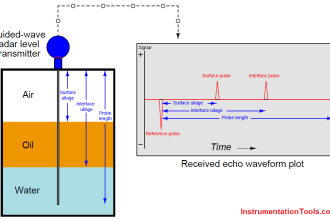Some of the factors that effect the selection of nominal voltage levels for the service systems are:
- Type and size of the load to be served
- Distance to which power is to be transmitted
- Future Load Growth
- Equipment availability for fault isolation
- Permissible voltage regulations
- Cost of utilization and service system equipment
Factors effect Selection of Voltage Levels:
- Nominal voltage supplied to the system depends on the type and rating of the loads to be supplied.In industres, generally below 200kW all motors are supplied with 415V supply and motor rated above 200kW are supplied with 6.6kV voltage level. Motors above 200kW can also supply with 415V supply however this results in increase in the cost of the motor and size of the motor which is not economical.
- Power transfer capability of a line depends on the nominal operating voltage at which power is transmitting in the system. For eg: 220kV transmission line can evacuate power about 200 to 250MW with temperature rise in permissible limits for a distance of about 150 to 200 KMs. 400kV transmission line can able to evacuate power about 500MW. In order to transmit high power for long distances higher operating voltage is chosen
- Short Circuit capability of the switching equipment increases with increase voltage rating. The short circuit capability generally determines the amount of the load that can be connected to the bus. Selection of the voltage levels depends on the total load and system fault levels. Therefore, auxiliary systems with large loads and high fault current levels tend to have high voltages systems with multiple medium voltage buses
- System voltage regulation and short circuit capability both contradict with each other. Short circuit current in the system is limited by the impedance present in the system. Cables and transformers are the impedances present in the power system. In order to reduce the short circuit transformer with high percentage impedance can be chosen. However, because of the high impedance high voltage drop exist during normal operation results in poor regulation. If short circuit constraint and voltage regulation doesnot satisfy for a particular voltage level, the short circuit capability of the switchgear shall be increased by selecting a higher nominal system voltage. The increase in the short circuit capability will permit the use of lower impedance transformer, thereby improving voltage regulation
- While chosing the voltage for a system, future load addition to the system should also be considered. Addition of new load will increase the voltage drop in the system and also increases the short circuit level of the system


